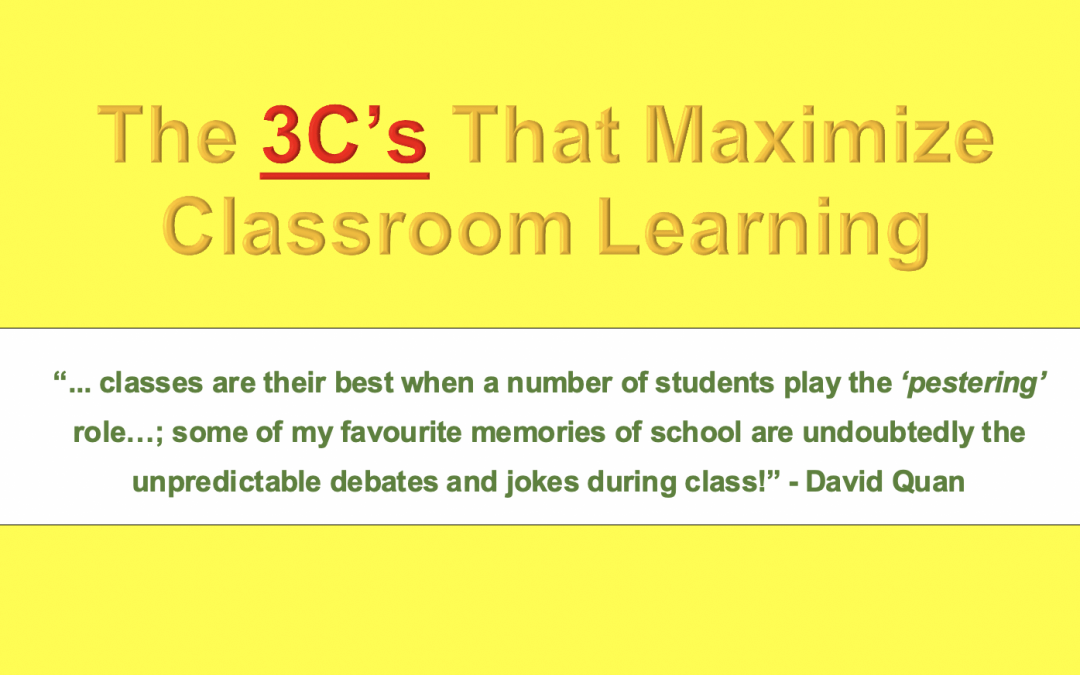About the author: David Quan, one of thirty recipients worldwide of a Cambridge Trust Scholarship, was one of our state’s top performing students, earning a near-perfect ATAR and International Baccalaureate (IB) score. An Order of Australia Association Student Citizenship Awards recipient, David has tutored, coached and mentored hundreds of Primary and Secondary students over the last half-decade, especially through his active volunteering and leadership roles for school, basketball, music, public speaking, social enterprise and community service.
Advanced Education SA is pleased to partner with David before he commences his undergraduate studies at the world-renowned University of Cambridge. We hope that his fresh insights and perspective may offer all our students further inspiration to access excellence and advance their education. For private and group tuition enquiries, please visit our website at https://advancededucation.com.au/
Systematic Studying (0): Why You Should Engineer Your Own RAILWAY System
Systematic Studying (1): Not 1, Not 2, But 3!
Systematic Studying (2): The Power Of A Manipulated Home Clock
Confidence. Composure. Curiosity.
Heading into, and most especially during classes, these three C’s should represent your attitude. Adopting such a mindset can help you to make the most of the otherwise potentially unproductive, yet scarce, lessons – opportunities of learning that are often overlooked.
Confidence
Why wouldn’t you be confident? By now, you’ve already contemplated your own learning style. You’ve sought advice from other high achievers and begun developing your own system of study. You’ve books and colourful pens at the ready. Most importantly, you’re a step or two ahead – in other words, you’re prepared! You’ve at the very least read through the relevant chapter pages and watched a couple of YouTube videos explaining the key concepts, if not already noted and examined the key material in depth. Well done! Keep in mind too that maintaining a level of confidence may even create a self-fulfilling prophecy.
Composure, Not Complacency
Of course, there’s a fine line between confidence and complacency. Confidence transforms into complacency at the very moment one relies purely on previously established momentum. Just as quantity does not always equate to quality, learning the content ahead of time does not necessarily lead to great results. Consider no further than the wisdom exemplified in the Hare and Tortoise story. The moral is clear: keep up the pace or else all hard work and preparation may become futile. Celebrate confidence. Circumvent complacency. Choose composure!
Curiosity… With A Healthy Dose of Fear
What complements composure could be a healthy dose of fear. In fact, simultaneously a major strength and weakness of mine has always been a persistent restlessness from within. On the one hand, I knew how hard I had worked in the days and weeks and months leading up to learning a particular topic before the class. This preparation indeed created confidence. On the other hand, I still doubted whether my preparation was good enough, or long enough. What if my understanding is skewed? What if there are much better ways of learning? Although this element of fear eradicated possibilities of complacency, it nevertheless wasn’t productive. There were times when the fear induced overwhelming stress that hindered my learning. What I found beneficial was to consciously reframe most of that fear as curiosity. Whereas both fear and curiosity challenge complacency, the latter is far more sustainable as a source of motivation. Fear is distressing and causes inaction; curiosity is hopeful and encourages action. Yet a healthy dose of fear that complements curiosity may be most ideal.
Value Your Classes; Seek Clarifications
It’s important to view classes, as obvious as this sounds, as opportunities for learning. Your teachers are all smart people with vast experience, while your classmates, like you, are eager to learn and share. So, this allows for a true fostering of a dialogical environment that could be enormously valuable if fully appreciated. I believe that classes are at their best when a number of students play the ‘pestering’ role, always asking questions and seeking clarifications. In addition, compared to your textbooks, your teachers are far more likely to be livelier and more interesting. They can therefore tailor their teaching to best suit your learning and clarify concerns or misunderstandings in real time – if only you can show some initiative! Some of my favourite memories of school are undoubtedly the unpredictable debates and jokes during class!
Take Note of The Secrets of Your Tests
Since learning in class, with its frequent dialogues, is dynamic in nature, it can be helpful to take notes throughout. I relied, once again, upon my ‘bad’ copy notes since I could scribble spontaneously without worrying about logic or neatness. This meant I could also record every bit of information, guilt-free, in order to filter and determine its actual relevance later! It may also be worthwhile to keep in mind that teachers choose, if not create, most of your tests! Therefore, you may be wise to seek clues on what may be important to know or not to know. “Will this be necessary?” or “Will this be in the test?” may just inspire you to redirect, refocus, and re-examine your upcoming revision plans – ultimately, earning you a few easy extra marks! Taking notes throughout ensures that you never miss the secrets of your tests.
In A Nutshell
Bottom line: time spent in the classroom is precious. So, value it!
Be confident. Maintain composure. Avoid complacency. Embrace fear. Reframe stress as curiosity. Engage in discussions. Enjoy humour. Seek clarifications. Ask questions. Jot down the secrets.
Warning: by consistently doing so, your test results will surprise you.


Recent Comments